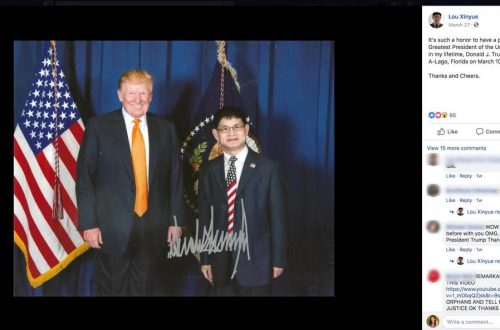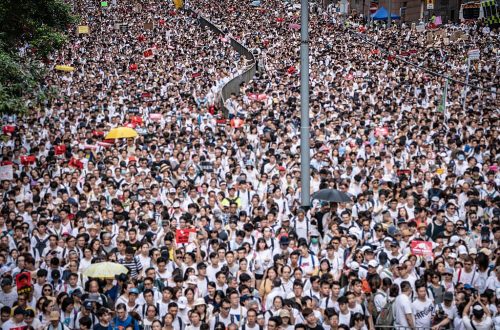In an article about anger among the Chinese over corrupt, mistress-keeping government officials and fast-driving wealthy youth, The Washington Post reports:
As bad as the behavior of some local Communist officials has been, other recent incidents involving young people and their fast-driven cars have also put a media spotlight on China’s growing income disparity and the widely held view that the children of the new elite think they are above the law.
The case of Yao Jiaxin, 21, a student at the Xi’an Conservatory of Music, inspired particular outrage. In late October, Yao, driving a Chevrolet Cruze, knocked down a woman on a bicycle and kept going. But when he saw the woman was still alive and looking at his license plate, police said, Yao got out of his car and stabbed the woman until she died. When he was caught later, he allegedly told police that “the peasant woman would be hard to deal with.”
Also in October, a 22-year-old student, Li Qiming, hit two female students, killing one, while driving his Volkswagen Magotan through the campus of Hebei University. Li jumped out of his car and tried to flee, and when police captured him, he began shouting, “My father is Li Gang!” Li Gang is a senior public security official in the district where the campus is located.
Both cases have attracted widespread attention on Internet forums, and “My father is Li Gang!” has become a favorite online catchphrase to denote the spoiled children of China’s new rich flaunting their sense of privilege.
Liu Junning, an outspoken academic and government critic, said that ordinary people seize on these traffic incidents in online forums and chat groups because they offer an opportunity – rare in China’s closed political system – to vent their frustration.
“These young princelings are so arrogant, and they don’t know why people are unhappy with them,” Liu said of the rich youths. “People have no chance to express their unhappiness, except when a car accident happens.”
Of course similar behavior is hardly unknown in Western countries. But then, websites like Socialist Unity don’t publish an endless series of posts comparing Western countries favorably to China or make an endless series of excuses for inequality in the West– quite the opposite, in fact, as you can read here:
Western democracies should not be so smug. A state which offers greater protection for the living standards of the population from the arbitrary power of Capital, may be protecting individual rights more effectively than one which allows individuals to write or say anything they want, but where real political and economic power lies with capitalist corporations, and who will use that power corruptly regardless of its impact to the general population.
…and here:
The major fault lines of China’s society’s fast growth pattern are therefore the weakness of the agricultural sector, the problems of local government capacity (including corruption); an over rapid pace of urbanisation; and the lack of a social safety net. It is not surprising therefore to find a big increase in social protest, especially over abuses of state power: excessive local taxes, land seizures, forced relocations and environmental concerns. However, despite seeming wishful thinking from China’s critics of both left and right, these protests are not part of a challenge to the system itself, but are merely seeking redress within the confines of the existing system.
China has a very difficult position as both a global power and a developing country; and the problems of its economic and social progress interact with the interests of other states and powers, and with multi-national capital. It is a mistake to see China as a monolith and different attitudes exist within the Communist Party and the state as to how to deal with acknowledged negative developments. The team of President Hu and Premier Wen has broadly steered policy in a more social democratic direction; defeating the more free market inclined liberals, and seeking to overcome social inequality as the next stage of China’s development, which also includes the aim of generating a greater internal market.


